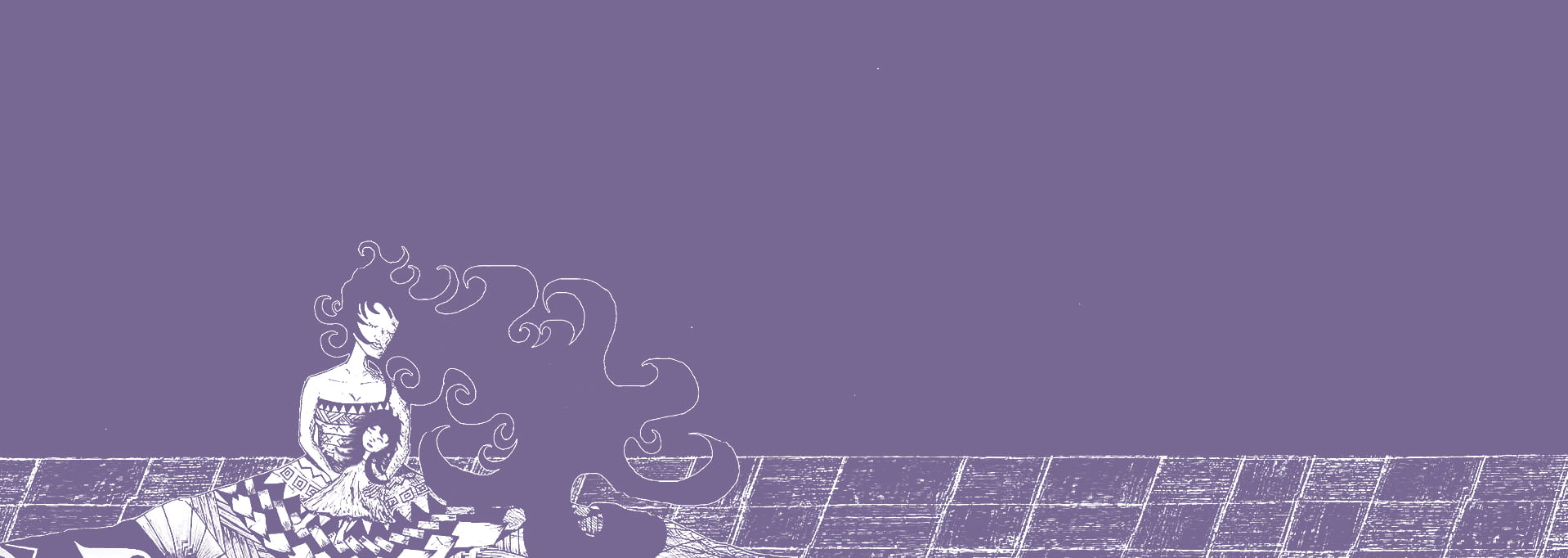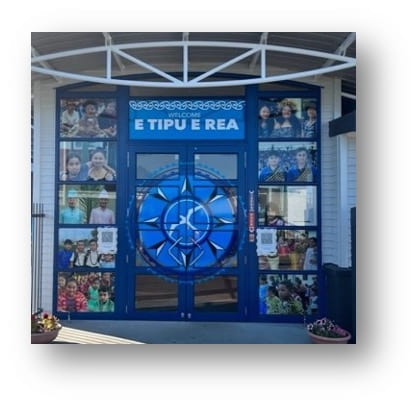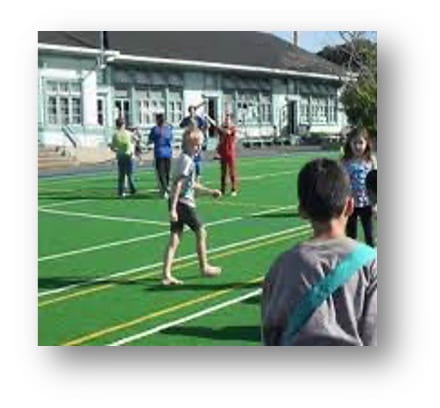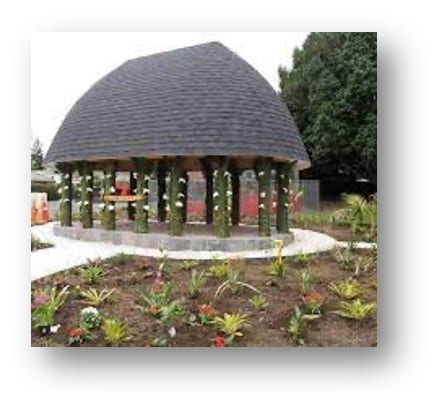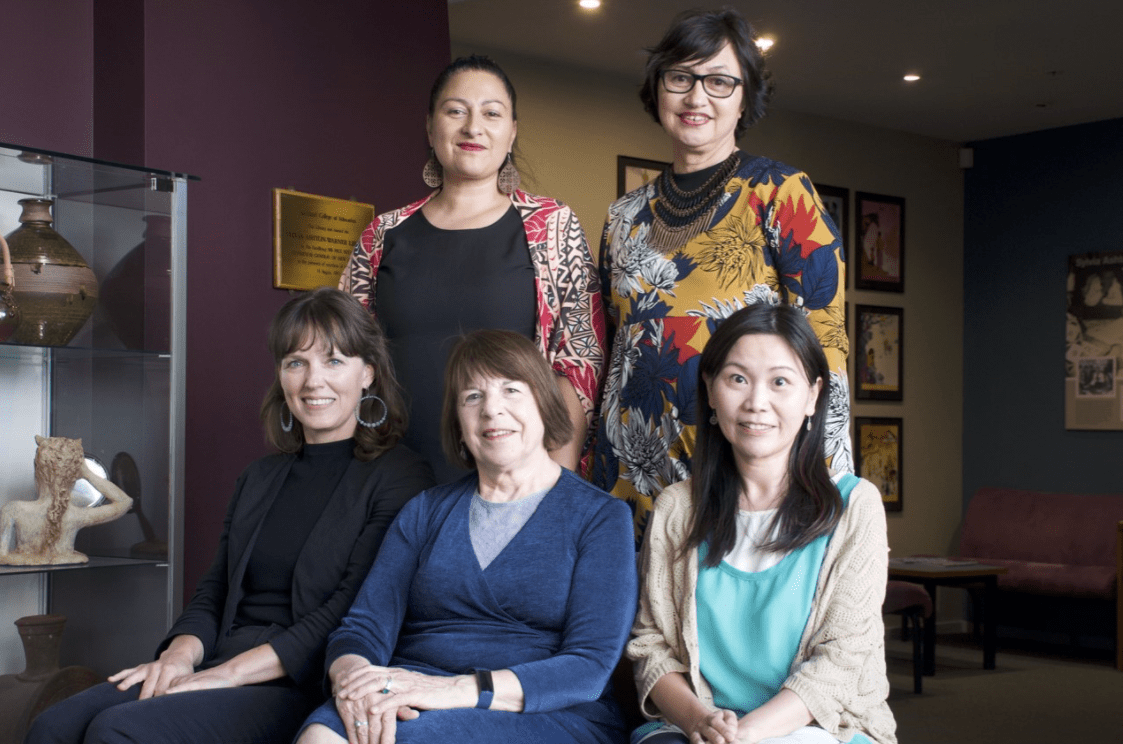Understand Me
Crafting selves and worlds in collective storied conversations with tamariki/children, whānau/families, and kaiako/teachers
Funded by Teaching and Learning Research Initiative
2021-2023
About the Project
Previous research has shown that a disproportionate number of Māori and Pasifika youth feel disenfranchised, disconnected, and misunderstood in school. Engagement with whānau is an issue of strategic importance in education in Aotearoa New Zealand. The project seeks to establish how sharing lived-experience stories among children, whānau, and teachers create openings for understanding that transform the relational praxis of learning and teaching. We will co-design with teachers in three schools (Year 1) and three affiliated kindergartens (Year 2) ways to engage in everyday being-listening-telling of storied conversations. Storied conversations between triads of child/tamariki, parent/whānau, and teacher/kaiako will be ignited by sharing artifacts, blogs, and multimodal story sharing at an event. Through the listening and sharing of stories, however, we naturally enter one another’s worlds and find new ways to connect, which expands and deepens relational pathways that are essential for learning and teaching. The strategic value of this lies in the strong potential for plural understandings that lead to increasing equitable engagement and opportunities for learning in primary schools and kindergartens with high proportions of Māori, Pasifika, and immigrant children.
Information for Educators
Children naturally carry their valued family culture through these varied means of expression into school. Their stories enrich and add texture to school and centre knowledge. The project aims to place relationships at the heart of pedagogy in storied conversations that intersect with the people, places, and histories most dear to the participants. Teachers and educational leaders are important co-researchers of this project, as they bring in new perspectives and enrich knowledge of transforming relationships between learning and teaching. Meanwhile, the study has the potential to deepen teacher knowledge about the children they are teaching and their families, which in turn, empowers them to draw on the children’s linguistic, social, cultural, cognitive, artistic, emotional, and spiritual resources in their teaching and connection-making. When teachers attend to the lived experience stories of children and whānau that draw on the histories of their families and communities, they learn that children’s lives in school are not separate from their worlds outside of school. Rather than the unidirectional trend of schools to teach children and inform whānau, storied conversations reveal the knowledge and aspirations of children and whānau that shape the ethos of schools. The practice value of this study is for educators to value the knowledge of learners and their whānau that they cannot imagine not using it in their teaching.
Project Partners
Papatoetoe North School
“Valuing the valuable through stories”
Papatoetoe North School is located in South Auckland with both English-medium and Māori-medium classrooms. The school has children from diverse cultural backgrounds, 44% Pasifika, including Samoan, Tongan, and Cook Islands Māori, 28% Indian, 22% Māori.
With an emphasis on whānau-school partnership, the school community carries forward the project’s value as a way to connect more deeply with whanau.
Kamo Primary School
“Stories are curriculum at Kamo”
Kamo School primarily serves children from Māori (31%) and Pākehā (61%) families living in the Kamo area of Whangārei.
The school recognises that sharing stories will build upon the school’s effort to connect with whānau. Understanding stories of people at Kamo helps grow and sustain the community. With an emphasis on “local curriculum”, the school is developing “Our Story”––the Kamo’s story.
Owairaka District School
“Moving from thinking of stories as a product of sharing to children making their stories visible in their everyday interactions”
Owairaka District School is located in central Auckland with a diverse ethnic composition of 33% Pasifika, 24% Pākehā, 13% Māori, 9% Middle Eastern, 8% Indian, and 6% African.
The school celebrates the linguistic and cultural diversity of the school community and the places families are connected to, both local and global.
Research Team
The research team is composed of five university members with diverse background and expertise who come from Faculty of Education and Social Work, University of Auckland and one from Auckland University of Technology. The PI has extensive experience in leading collaborative, school-partnership research that is organically shaped with teachers as colleagues. The university team members have been working closely together in the pilot study. The strength of the team is their mutual respect for ngā kete of knowledges and skills that each one brings. All of the researchers are generous teachers and eager learners. The culture that we have created with each other naturally creates an opening for the teachers to belong, contribute and learn.
Our Work
Morgan, M., Matapo, J., Gaffney, J. S., & Jacobs, M. (2023). Understand Me: Storied conversations as afa for strengthening relationships, curriculum, and pedagogies. Teaching & Learning Research Initiative. http://www.tlri.org.nz/tlri-research/research-completed/school-sector/understand-me-crafting-selves-and-worlds-collective
Gaffney, J. S. (2023, March 25). Presencing young children and families [Keynote speech]. Vietnam Education Symposium. Hanoi National University of Education, Vietnam.
Morgan, M., Gaffney, J. S., Jacobs, M., & Matapo, J. (2022, October 31). A chronology of nested stories, interweaving pathways of understanding between young children, families and teachers [Invited presentation]. Early Childhood Seminar Series. Faculty of Education and Social Work, University of Auckland, New Zealand.
Gaffney, J. S., & Matapo, J. (2022, March 18). Storying research and wellbeing: Olaga le tagata – Being constituted in collective [Invited presentation]. Research Ideas Worth Funding II-Wellbeing. Business School, University of Auckland, New Zealand.
Jacobs, M., Gaffney, J. S., Matapo, J., & Li, A. M-C (2021, November 15-17). Presencing through storied conversations: Resisting the undercurrent of tangible outcomes [Paper presentation]. New Zealand Association for Research in Education Conference (virtual), Victoria University of Wellington, New Zealand.

